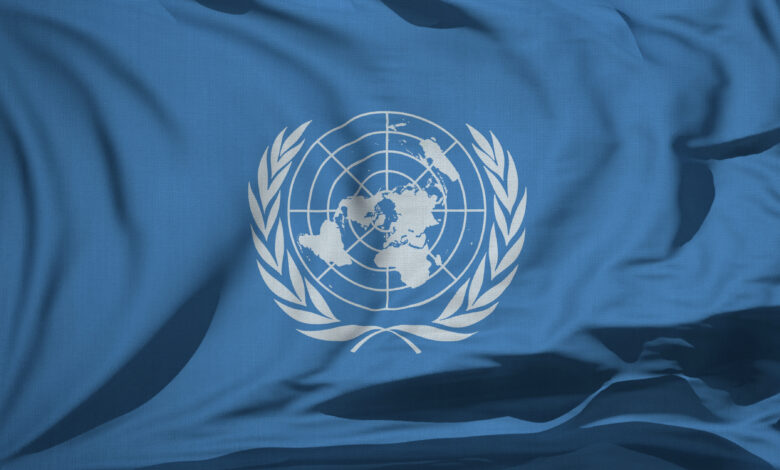Global Disunity Dominates the United Nations General Assembly

The United Nations, an organization founded on principles of international cooperation and unity, is facing unprecedented challenges to its core values as world leaders gather in New York for their annual assembly. The 76th session of the United Nations General Assembly convenes against a backdrop of deep divisions among nations and a growing list of global crises.
A World in Disarray
The assembly, comprised of around 140 world leaders, finds itself grappling with a multitude of pressing issues. Russia’s invasion of Ukraine, a global cost of living crisis, the worsening climate emergency, and the disruptive influence of technologies like artificial intelligence are just a few of the challenges on the agenda. However, unity in addressing these problems seems elusive.
UN Secretary-General Antonio Guterres has sounded the alarm, acknowledging that geopolitical divisions are undermining the global community’s capacity to respond effectively to these crises. A new multi-polar world order is emerging, characterized by escalating tensions and fragmentation.
Ukraine’s Appeal for Support
One of the key tests of international opinion on Russia’s invasion of Ukraine will unfold at this assembly. Ukrainian President Volodymyr Zelensky is set to address the UN General Assembly in person, seeking to rally support for his country. While he will naturally urge existing allies to maintain their support, Zelensky is also expected to appeal to leaders from countries in Africa, Asia, and Latin America to garner fresh backing, even from those who have refrained from condemning Russia’s actions.
Both Western powers and Ukraine acknowledge the need to make a compelling case to the Global South, emphasizing that the war in Ukraine is not solely a European security issue but a global economic crisis.
Global Challenges Overshadowed
However, some world leaders are inclined to prioritize other global challenges, such as the climate crisis and economic difficulties, over the war in Europe. UN General Secretary Guterres himself is hosting separate summits to address the faltering efforts to reduce poverty and tackle climate change.
While the international community committed to achieving 17 “sustainable development goals” (SDGs) by 2030, the pandemic, rising debt, global inaction, and the war in Ukraine have derailed progress. Guterres is advocating for a new economic stimulus to refocus efforts on the SDGs and reform international financial institutions to better serve the needs of developing countries.
Western Powers Seek Balance
Recognizing the tensions between security concerns and economic anxieties of the Global South, Western leaders attending the assembly are pledging action on global development issues. US National Security Adviser Jake Sullivan emphasizes President Joe Biden’s commitment to mobilize financial resources for development and infrastructure needs in the Global South.
UK Foreign Secretary James Cleverly, present in New York, acknowledges that the SDGs are “seriously off track” and calls for renewed commitment and accelerated delivery by 2030.
Balancing Priorities
Western diplomats stress the importance of conveying to neutral countries that Russia’s invasion of Ukraine has far-reaching consequences, including economic repercussions such as rising food and energy costs. While addressing the Ukraine crisis is crucial, diplomats argue that it should not overshadow other critical issues like the SDGs and climate financing.
However, the absence of some Western leaders, including French President Emmanuel Macron and UK Prime Minister Rishi Sunak, has raised concerns about the international community’s commitment to unity. Sunak’s decision to skip the assembly has faced criticism for potentially damaging Britain’s international reputation.
Challenges Ahead
As world leaders converge on New York, the United Nations general assembly is a pivotal moment to address global crises and foster international cooperation. Yet, the unity that underpins the organization’s mission appears increasingly fragile amid geopolitical divides and competing priorities. The challenges ahead require a delicate balance between addressing immediate crises and maintaining a steadfast commitment to long-term global development and cooperation.





